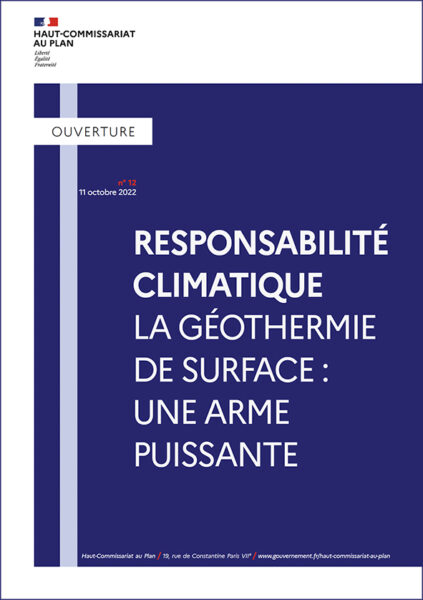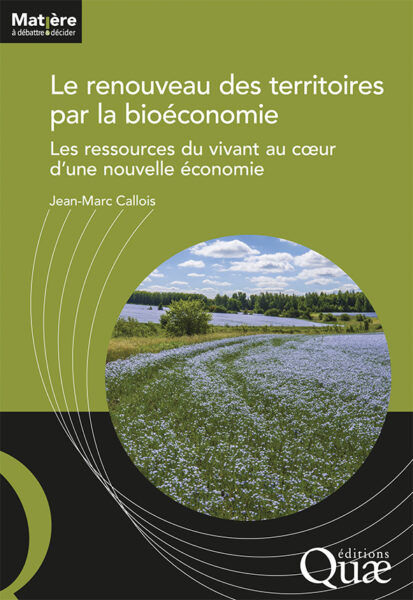Ecological questions regularly make headlines. An ever-growing number of reports have alerted us to planetary limits being exceeded. Climate catastrophes of all kinds are accumulating throughout the world. All the elements are present for us to be aware of these issues and the urgent need to act. Yet, though Europe leads the way in its declared ambitions to reduce greenhouse gas emissions, political ecology has not succeeded in breaking through in France as a real alternative to the other political tendencies.
As the last elections confirmed, ecology is regarded as a priority subject by citizens, but is neglected at the polls and does not always figure as an alternative project. Jean Haëntjens examines the specificities of this ‘desire for ecology’: he ponders what explains them and what could help to reverse the trend, so that ecology is, at last, taken up by politicians in the broad sense (parties, decision-makers, institutions etc.). He reminds us of the gap between citizens’ concern with the environment, with their aspirations to lead a better life, and the very incomplete embodiment of these elements in the political landscape. Astonishingly, ecology finds no incarnation as a national political project in France, though it may exist as a local one. As Jean Haëntjens highlights, it is very often at this local level that the desire for ecology can take root: by a gradual, step-by-step mobilization, based on citizens’ most concrete concerns (Copenhagen is an example). The desire for ecology is definitely present in France, but for the moment it remains cast adrift: the challenge of the coming years is to show how it can move into daily life in a concrete, innovative and motivating way, so that it can actually be shared by the many.



